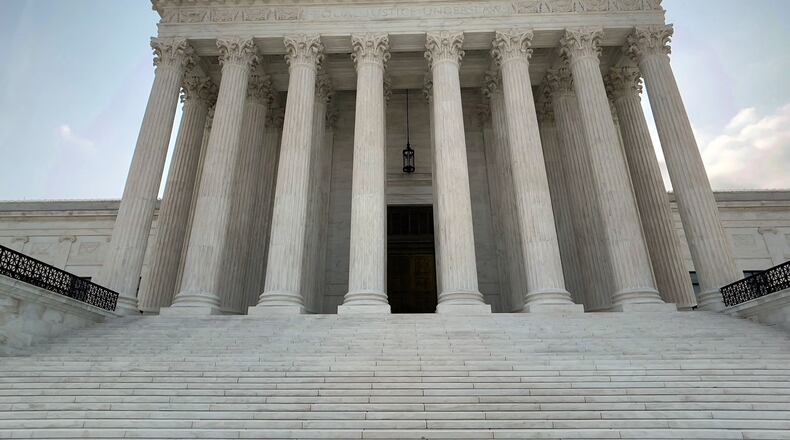With the U.S. Supreme Court allowing a restrictive Texas abortion law to go into effect Wednesday, Georgia advocates on both sides of the issue are trying to determine what it could mean when arguments begin over the state’s similar law later this month in a federal appeals court.
Texas abortion providers asked the nation’s high court to temporarily block the law, which prohibits the procedure once fetal cardiac activity can be detected — usually about six weeks into a pregnancy and before many women know they’re pregnant. The court still could grant the request, but Texas providers have now stopped performing abortions if fetal cardiac activity is detected.
Texas’ law also allows private citizens to sue anyone involved in facilitating abortions. For example, that would include anyone who drives a woman to a clinic to get an abortion. Under the law, anyone who successfully sues another person in that situation would be entitled to at least $10,000.
Georgia’s anti-abortion advocates are lauding the lack of a decision from the country’s highest court, saying it is setting the stage to overturn Roe v. Wade, the 1973 ruling that established a constitutional, nationwide right to abortion.
Meanwhile, abortion rights advocates in Georgia and six other states embarked on a “bans off our bodies” bus tour featuring a mobile billboard to raise awareness about access to the procedure.
A federal judge last year threw out a similar law in Georgia that bans most abortions after fetal cardiac activity can be detected. Earlier this year, the Supreme Court said it will consider ruling on a restrictive anti-abortion law out of Mississippi, blocked by lower courts, that would outlaw most abortions once a woman reaches 15 weeks of pregnancy.
Joshua Edmonds, the executive director of the anti-abortion Georgia Life Alliance, said the Supreme Court’s lack of action indicates the “inevitable outcome” of cases in Georgia and Mississippi.
“States are going to be given the right to have a compelling interest to regulate abortion,” Edmonds said. “And the mechanism to do so is going to be through Georgia’s ‘heartbeat bill.’ ”
Staci Fox, president and CEO of Planned Parenthood Southeast Advocates, called the Supreme Court “irresponsible” for not acting before Texas’ law went into effect.
“We’re in the streets today to remind people about this issue and that abortion is safe and legal and available in the state of Georgia, given how confusing this can be for people who need care,” she said. “It’s a sad day, but today I woke up mad. I’m past sadness. This is why we go to work every day. We’re not backing down from a fight.”
Georgia’s anti-abortion law differs from other states’ attempts to ban the procedure in that it includes what many supporters call “personhood” language, which would extend legal rights to fertilized eggs. The case challenging the law will be heard in a federal appeals court on Sept. 24.
About the Author
Keep Reading
The Latest
Featured




